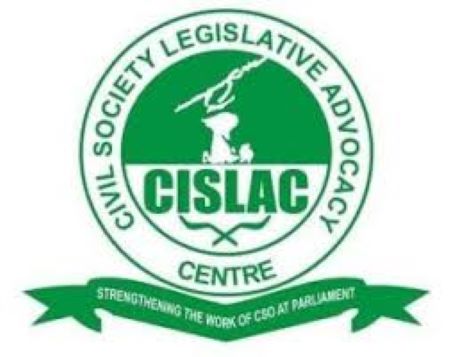By FATIHAT OLUSOGA
Copyright independent

LAGOS – The Civil Society Legislative Advocacy Centre, (CISLAC) and other stakeholders have called on the Federal Government to strengthen tobacco taxation to protect public health and to boost revenue generation in Nigeria.
Mr. Auwal Rafsanjani, the Executive Director of CISLAC, made the call in Abuja, during a Validation Workshop on the Tobacco Excise Tax Simulation Report for Nigeria.
Mr Rafsanjani, expressed concern over the rising trend of tobacco consumption and addiction especially among youths and women, and suggested that increasing excise taxes would make tobacco less affordable, deter youth consumption, and generate additional government revenue.
“The shisha and other tobacco products have become a passion for young people, with severe health consequences including cancer and psychological imbalance.“ he stated.
Mr Rafsanjani also criticised multinational tobacco firms for exploiting farmers and not adequately contributing to healthcare.
He stated that CISLAC would continue to push for stronger tobacco control policies in Nigeria through research, advocacy, and stakeholder engagement.
Professor Corne‘ Van Walbeek ,the Director, Research Unit on the Economics of Exisable Products, University of Capetown, called on the Federal Government to implement a 150% tobacco tax increase to strengthen tobacco control, promote sustainable development, and mitigate health risks associated with tobacco consumption.
John Thomi, the Policy Officer, Tax Justice Network Africa, also advised Nigeria to raise its tobacco taxes above the ECOWAS minimum to protect public health and generate more revenue for essential services.
“We owe the people of Nigeria a safe space, a healthy environment, and more resources to fund the health sector and other public activities”
A representative of the Ministry of Finance, Mrs Sarah Bwala, announced that Nigeria is currently conducting a thorough review of excisable goods, with plans to implement a revised framework by 2026.



